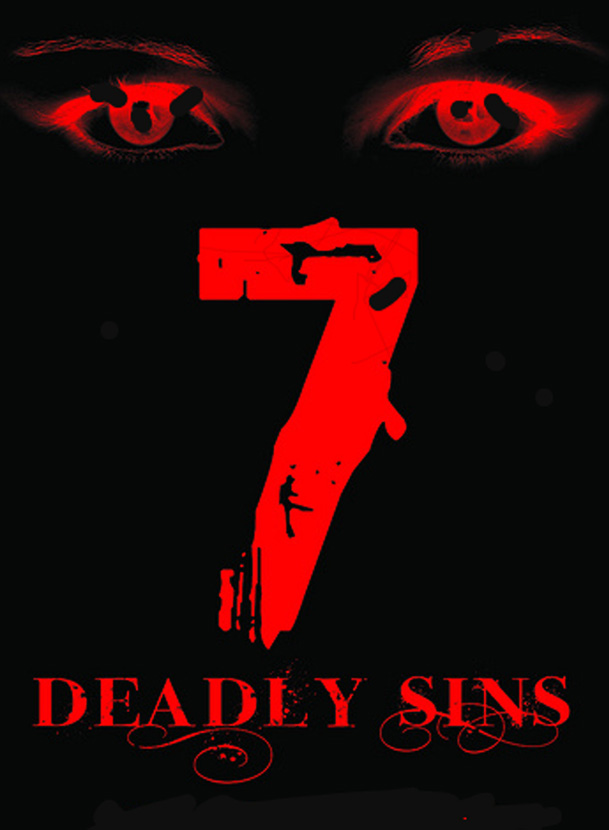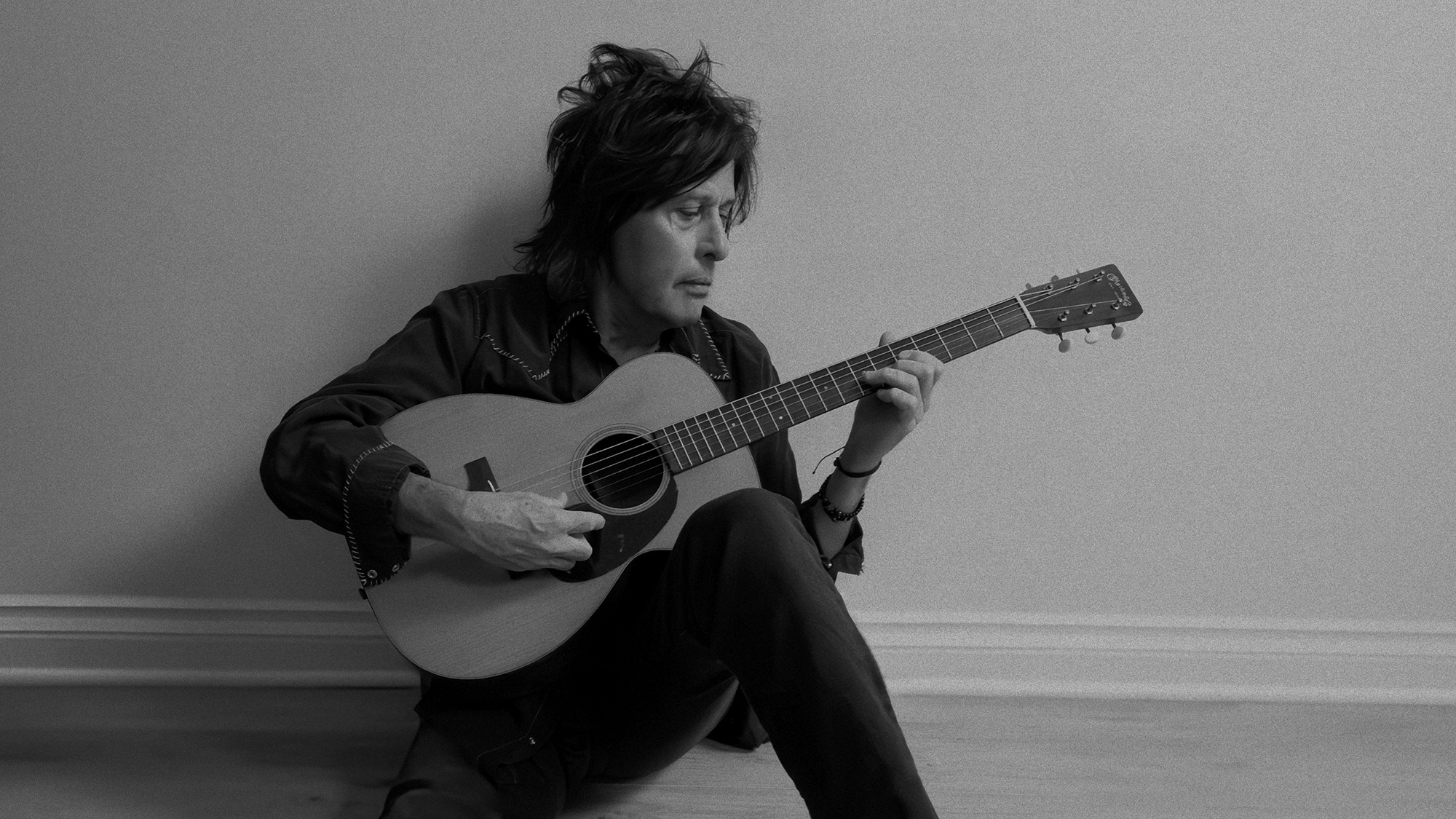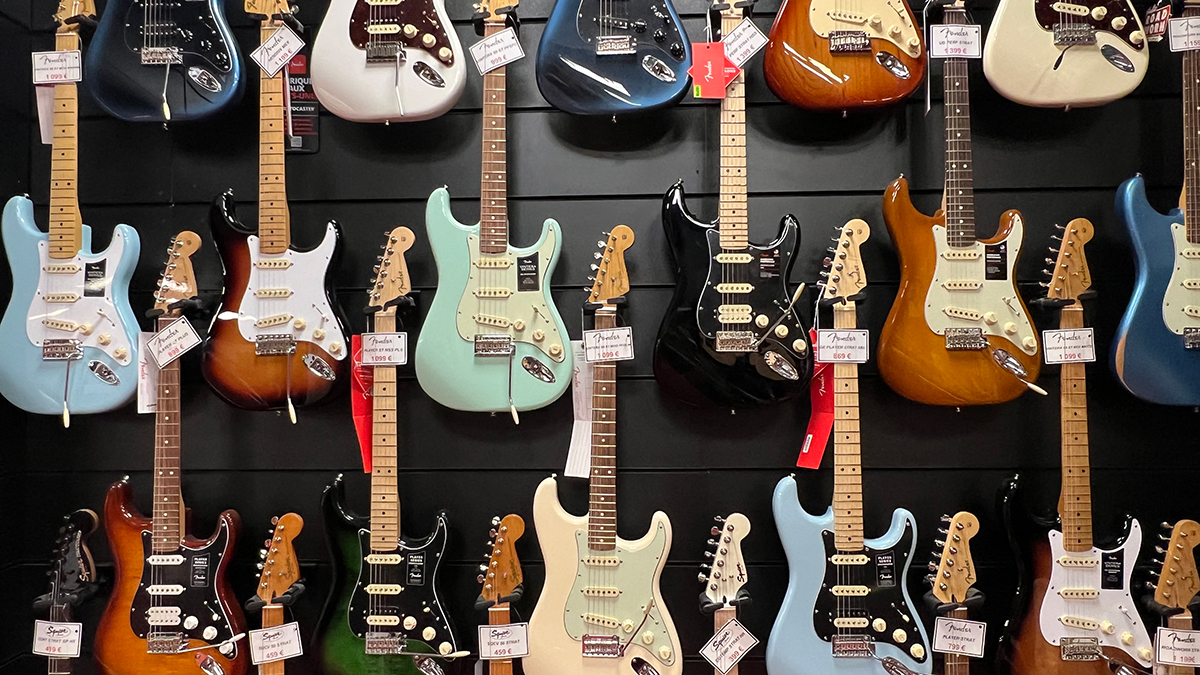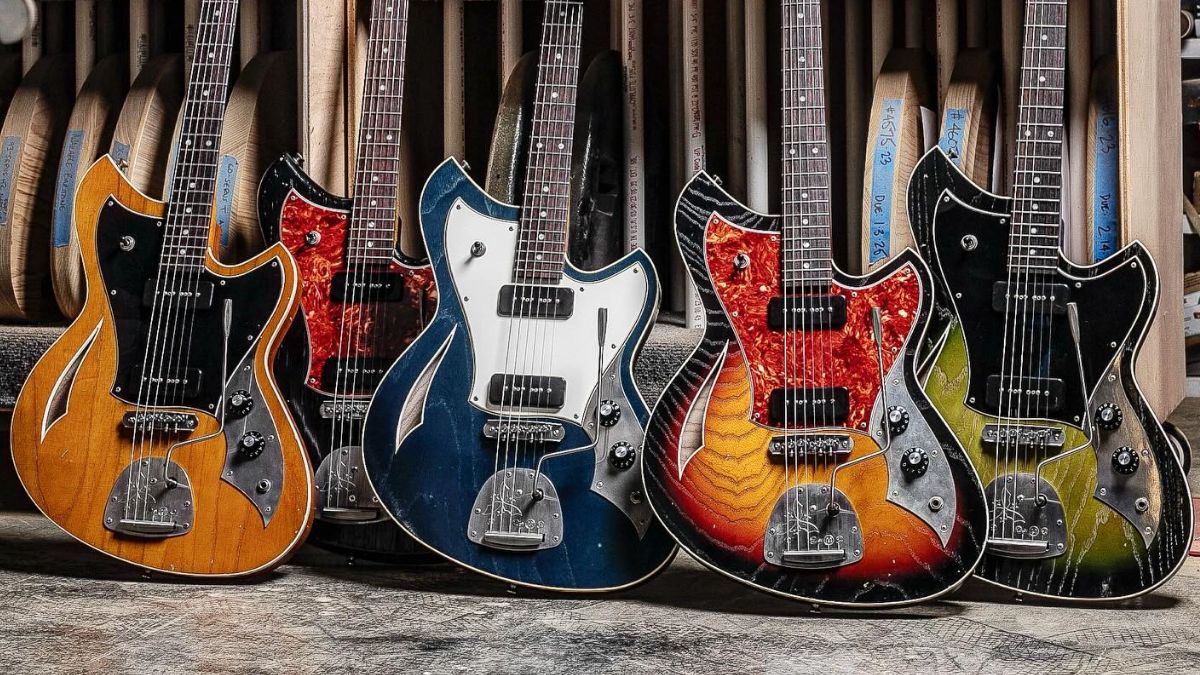Session Guitar: The Seven Deadly Sins of Home Recording

Hi, gang. I've been getting numerous questions asking why the recordings you are doing at home don't sound like your favorite CD!
I gave that some thought and came up with what I will refer to as the Seven Deadly Sins you are making! (And by the way, thanks to the people who sent me mp3s to critique.)
So here goes ...
1. MOST PEOPLE WHO RECORD TODAY ON WHATEVER DIGITAL MEDIUM ARE NOT ENGINEERS.
Most know ABSOLUTELY NOTHING about acoustics and the related sciences. The old records were done by men and women who came up through the rank and file and learned the craft. Many also were fluent in electronics (and wore cool lab coats during sessions!).
2. MOST PEOPLE TODAY LISTEN WITH THIER EYES AND NOT THIER EARS.
Take a minute and shut off the video monitor and listen instead of being seduced by the stronger sense of sight. So what if two notes don't line up perfectly? How does it sound? How does it feel? (Something to try: Listen to your favorite guitarist and try as hard as you can to emulate his or her tone using the gear you own!)
Get The Pick Newsletter
All the latest guitar news, interviews, lessons, reviews, deals and more, direct to your inbox!
3. YOU ARE RECORDING AT HOME AND NOT IN A STUDIO.
By that I mean, many of you are recording in a square room with no acoustic treatment. A STUDIO is a finely tuned environment. Measurements are taken, angles are applied, monitoring and frequencies are measured. How is the room you record your acoustic guitar? Try playing in different rooms and listen.
4. MOST PEOPLE TODAY DO NOT OWN THE TOOLS OUR FOREFATHERS USED.
A decent microphone is not a great microphone. A selection of various types of microphones adds flavor. A great preamp coupled with a great mic is an investment in your music. Art. Craft. Is your music worth it?
5. MOST RECORDINGS USE MAINLY DIRECT SOURCES FOR THE MAJORITY OF SOUND AND INSTRUMENTS.
I love guitar amp simulators in all forms. But I rarely rely solely on them. Amps and mics are used as the main sound, with the sims being used as enhancement. They are getting close to the real thing, just not THERE yet. Trust me, drum samples DO NOT sound the same as real drums, and even if they do, they do not have a person playing it and adding their own personality and nuances.
GOD IS IN THE DETAILS. An organ sample, a piano sample, a bass sample, etc. ... these are samples, NOT the real thing! (Hence the word, sample -- a short snippet of the sound.) As a guitarist, have you EVER listened to a guitar sample on a keyboard? Horrible! Now you know how the drummer feels when he hears samples.
6. MOST RECORDINGS THAT ARE MIC'D UP ARE DONE USING CLOSE MICING.
Move the mic around. Listen! Use your ears! Try mixing a project that has EVERY source 1 inch from the sound or just direct! GOOD LUCK! Move the amp to a corner or another room! How about understanding that a bass amp mic'd close is fairly useless because the sound wave on a bass signal needs to bloom? Same with heavy guitar frequencies. Back up the mic a few feet and listen to it. Wow -- you just warmed up your recordings! Try it with acoustic guitars. Instant warmth.
7. MOST PEOPLE TODAY DON'T HAVE A CLUE ABOUT COMPRESSION OR DYNAMICS.
Please, folks this is not the place for this one; suffice it to say it can take years to understand and be able to hear what compression in its many forms does and how it can benefit your music. This is the same for many other dynamic processors. (A quote from my favorite guitar engineer, Tim Conklin: "Sounds great. Compress it!") By the way, Tim KNOWS compression -- very well.
I think we live in a wonderful time. The music is amazing. The creativity that digital allows is SICK! But remember: to truly break the laws, you have to know the laws! If you become even slightly aware of any of these common problems, you will be well on your way to improving them!
THIS WEEK'S CHALLENGE:
What can you do to improve your knowledge, improve your environment and improve your gear to take your next masterpiece to another level?
Till next week …
Ron Zabrocki on Ron Zabrocki: I’m a session guitarist from New York, now living in Connecticut. I started playing at age 6, sight reading right off the bat. That’s how I was taught, so I just believed everyone started that way! I could pretty much sight read anything within a few years, and that aided me in becoming a session guy later in life. I took lessons from anyone I could and was fortunate enough to have some wonderful instructors, including John Scofield, Joe Pass and Alan DeMausse. I’ve played many jingle sessions, and even now I not only play them but have written a few. I’ve “ghosted” for a few people that shall remain nameless, but they get the credit and I got the money! I’ve played sessions in every style, from pop to jazz.
"Upgrading from your entry-level acoustic opens the door to an entirely new world of tonewoods, body shapes, and brands": 6 signs it's time to upgrade from your first acoustic guitar
"I'm past my prime": 5 common excuses for not learning the guitar – and 5 body and mind-boosting reasons you should










